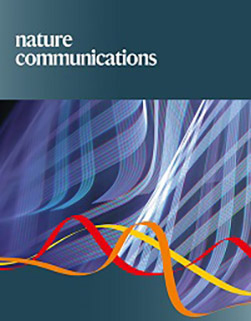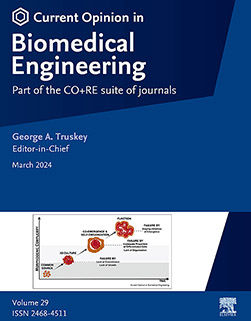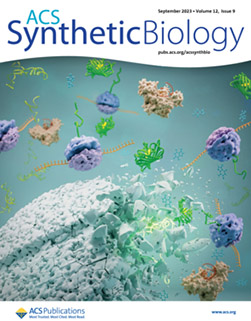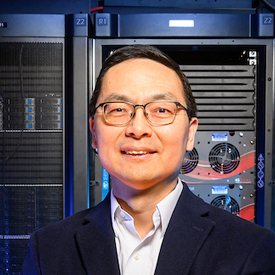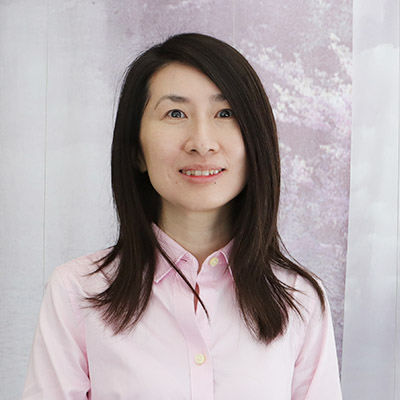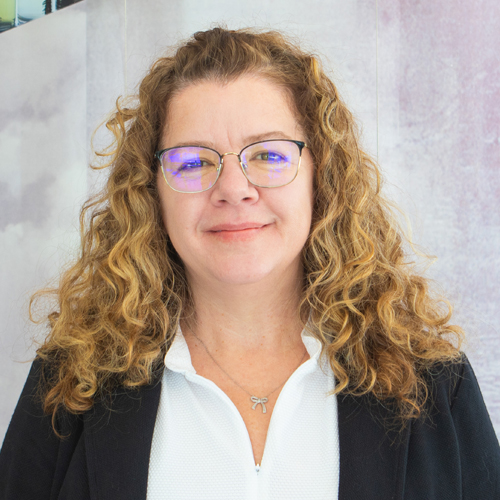Microorganisms like yeast, bacteria, and viruses, can be harnessed and used for a variety of purposes. For example, many microorganisms produce useful biomolecules or antibiotics that can be used in medicine, such as penicillin. Using synthetic biology, researchers in the Biosystems Design theme can alter the genetic material of microorganisms–both prokaryotes and eukaryotes─to a limited extent, enabling them to take on new characteristics. The bioproducts from these engineered organisms can help increase drug production, create new medical treatments, and improve the quality and yield of crops, all of which can enhance human health and increase sustainability.
Recent Publications from BSD
From Leaders of the Theme
By addressing the most fundamental issues in eukaryotic synthetic biology, the theme is creating new methods to tackle two grand challenges facing human society: health and sustainability. The common element in both of these problems is the need to alter the expression of multiple genes within an organism. This in turn will require tools for precisely altering the genome sequence, vectors for expressing multiple genes, and a design framework for knowing which sequences to alter and what to alter them to. Although these technologies do not yet exist, the interdisciplinary team of the BSD research theme has the engineering, biochemical, computing, and biological expertise needed to develop them.
To meet these challenges, the BSD research theme focuses on two research programs: foundational technologies and design platforms. The goal of the foundational technologies program is to develop synthetic biology tools, including, but not limited to, methods for automated and scalable construction of large DNA molecules such as pathways, genetic circuits, and plasmids; methods for editing of eukaryotic genomes with greater precision and efficiency and on a larger scale; and methods for consistent, stable expression of inserted transgenes. Developing such technologies will remove many of the technical roadblocks limiting eukaryotic synthetic biology. The goal of the design platform program is to develop a computational framework that enables users to find the most effective way to apply these tools.

